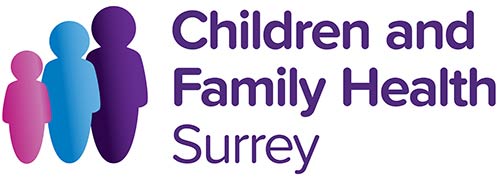A balanced diet is necessary for a child’s growth, development and sleep.
Some foods can help with sleep and others can prevent it.
Helpful foods for sleep
-
Breastfeeding/milk is a perfect bedtime drink.
-
Offering foods that contain a sleep-inducing natural substance called tryptophan can help. High tryptophan foods include nuts* seeds, tofu, cheese, eggs, milk, red meat, chicken, turkey, fish, oats, beans, lentils, grains such as oats, rice, barley wheat, corn, fruit such as apples, bananas, peaches, avocado, and vegetables such as spinach, broccoli, turnip greens, asparagus, onions and seaweed.
-
Magnesium can help with sleep. Children do not need any special magnesium supplements because there is enough in their food. Foods such as sugar free cereals, wholemeal bread, brown rice, spinach, quinoa, nuts*, black beans, tofu, avocados all have plenty of magnesium. *Whole nuts can be a choking hazard so do not give them to children under 5.
Unhelpful foods for sleep
-
Food that has a lot of fat in it, such as biscuits, cheese, and crisps for example, can make it more difficult to sleep because they can be more difficult for the stomach to digest and sometimes cause a build-up of stomach acid which is uncomfortable.
-
Also, foods that have a lot of protein in, such as yoghurt or cheese, eggs and meat, can make it more difficult to sleep because it takes some time for them to pass through the stomach.
Visit the Sleep Scotland website for further information.

